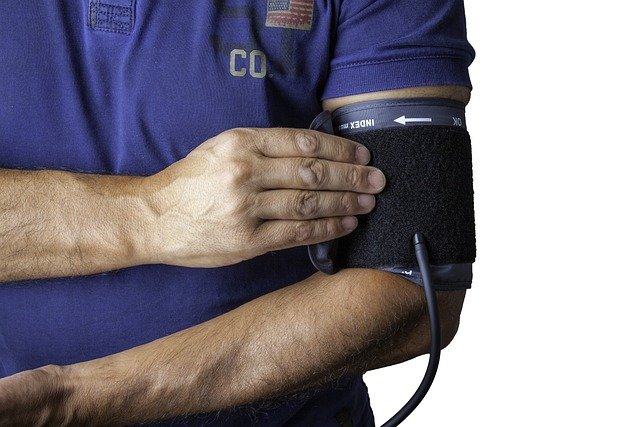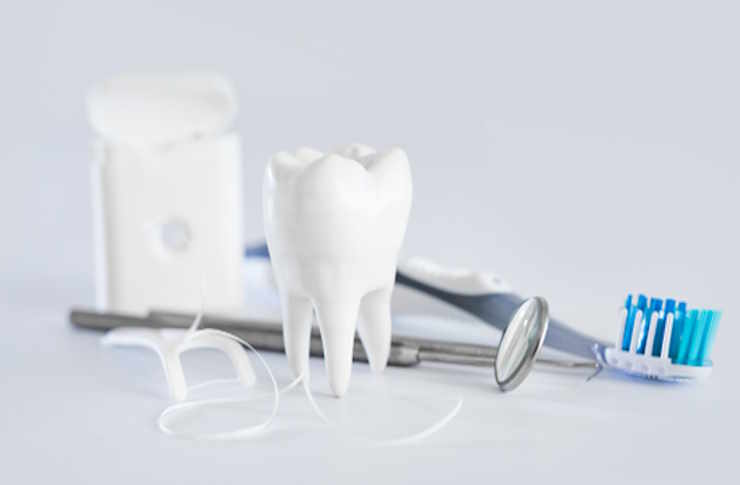Sperm Donation: Understanding the Process, Benefits, and Considerations
Sperm donation is a crucial aspect of assisted reproductive technology, helping individuals and couples fulfill their dreams of parenthood. This altruistic act involves men voluntarily providing their sperm to fertility clinics or sperm banks for use in artificial insemination or in vitro fertilization procedures. As the demand for sperm donors continues to rise, it's essential to understand the process, requirements, and implications of becoming a donor.

What is sperm donation and why is it important?
Sperm donation is the process by which a man provides his sperm to be used in assisted reproductive procedures for individuals or couples struggling with infertility. This generous act plays a vital role in helping people who cannot conceive naturally, including same-sex couples, single women, and couples facing male infertility issues. By donating sperm, men contribute to the creation of families and offer hope to those who might otherwise be unable to have biological children.
How does the sperm donation process work?
The sperm donation process typically involves several steps to ensure the quality and safety of the donated sperm:
-
Initial screening: Potential donors undergo a thorough medical and genetic screening, including a physical exam, blood tests, and a detailed medical history review.
-
Sperm analysis: The donor’s sperm is evaluated for quantity, quality, and motility to ensure it meets the necessary standards for successful fertilization.
-
Donation: Once approved, donors visit the clinic or sperm bank to provide samples, usually through masturbation in a private room.
-
Freezing and quarantine: The donated sperm is frozen and stored for a quarantine period, typically six months, during which the donor is retested for infectious diseases.
-
Release: After the quarantine period and final testing, the sperm is made available for use in fertility treatments.
Can I become a sperm donor? What are the requirements?
Becoming a sperm donor involves meeting specific criteria to ensure the health and viability of the donated sperm. While requirements may vary slightly between clinics and countries, common eligibility factors include:
-
Age: Most sperm banks accept donors between 18 and 40 years old, with some preferring donors under 35.
-
Physical health: Donors must be in good overall health and free from genetic disorders or infectious diseases.
-
Sperm quality: The donor’s sperm must meet certain standards for count, motility, and morphology.
-
Education: Many sperm banks prefer donors with a college degree or higher education.
-
Commitment: Donors are often required to commit to regular donations for a specific period, typically 6-12 months.
-
Psychological evaluation: Some clinics may require donors to undergo a psychological assessment.
-
Family medical history: A thorough review of the donor’s family medical history is conducted to screen for genetic conditions.
How much can I earn by donating sperm?
The compensation for sperm donation varies depending on the location, clinic, and frequency of donations. While the primary motivation for many donors is altruism, financial compensation is often provided to acknowledge the time and effort involved in the process.
| Country | Average Compensation per Donation | Estimated Annual Earnings* |
|---|---|---|
| United States | $100 - $150 | $4,800 - $7,200 |
| United Kingdom | £35 - £50 | £1,680 - £2,400 |
| Canada | CAD $75 - $100 | CAD $3,600 - $4,800 |
| Australia | AUD $150 - $200 | AUD $7,200 - $9,600 |
*Based on an average of 1-2 donations per week for 48 weeks per year.
Prices, rates, or cost estimates mentioned in this article are based on the latest available information but may change over time. Independent research is advised before making financial decisions.
It’s important to note that many countries have regulations limiting the number of children that can be conceived from a single donor’s sperm, which may affect long-term earning potential.
What are the benefits of donating sperm?
Donating sperm offers several benefits, both personal and societal:
-
Helping others: The primary benefit is the opportunity to help individuals and couples realize their dreams of parenthood.
-
Financial compensation: While not the main motivation for most donors, the monetary compensation can be a welcome bonus.
-
Free health screening: Donors receive comprehensive health and genetic screenings at no cost.
-
Genetic legacy: Some donors appreciate the idea of passing on their genes, even if they don’t have a direct relationship with the resulting children.
-
Personal satisfaction: Many donors report a sense of pride and fulfillment in knowing they’ve made a positive impact on others’ lives.
What are the potential risks and ethical considerations of sperm donation?
While sperm donation is generally considered safe, there are some potential risks and ethical considerations to keep in mind:
-
Emotional impact: Donors should be prepared for the possibility of future contact from donor-conceived children, which can have emotional implications.
-
Privacy concerns: Despite efforts to maintain anonymity, advances in DNA testing and online databases may compromise donor privacy in the future.
-
Legal considerations: Laws regarding donor rights and responsibilities vary by country and can change over time.
-
Genetic conditions: There’s a small risk that previously unknown genetic conditions could be passed on to donor-conceived children.
-
Psychological effects: Some donors may experience complex emotions about their role in creating children they don’t parent.
-
Limits on donations: Regulations limiting the number of children conceived from a single donor’s sperm aim to prevent inadvertent consanguinity but may affect some donors’ expectations.
In conclusion, sperm donation is a valuable contribution to assisted reproductive technology, offering hope to many who struggle with infertility. While it comes with both benefits and considerations, many donors find it a rewarding experience that allows them to make a significant impact on others’ lives. As with any medical decision, it’s essential for potential donors to carefully consider all aspects and consult with healthcare professionals before committing to the process.
The shared information of this article is up-to-date as of the publishing date. For more up-to-date information, please conduct your own research.




